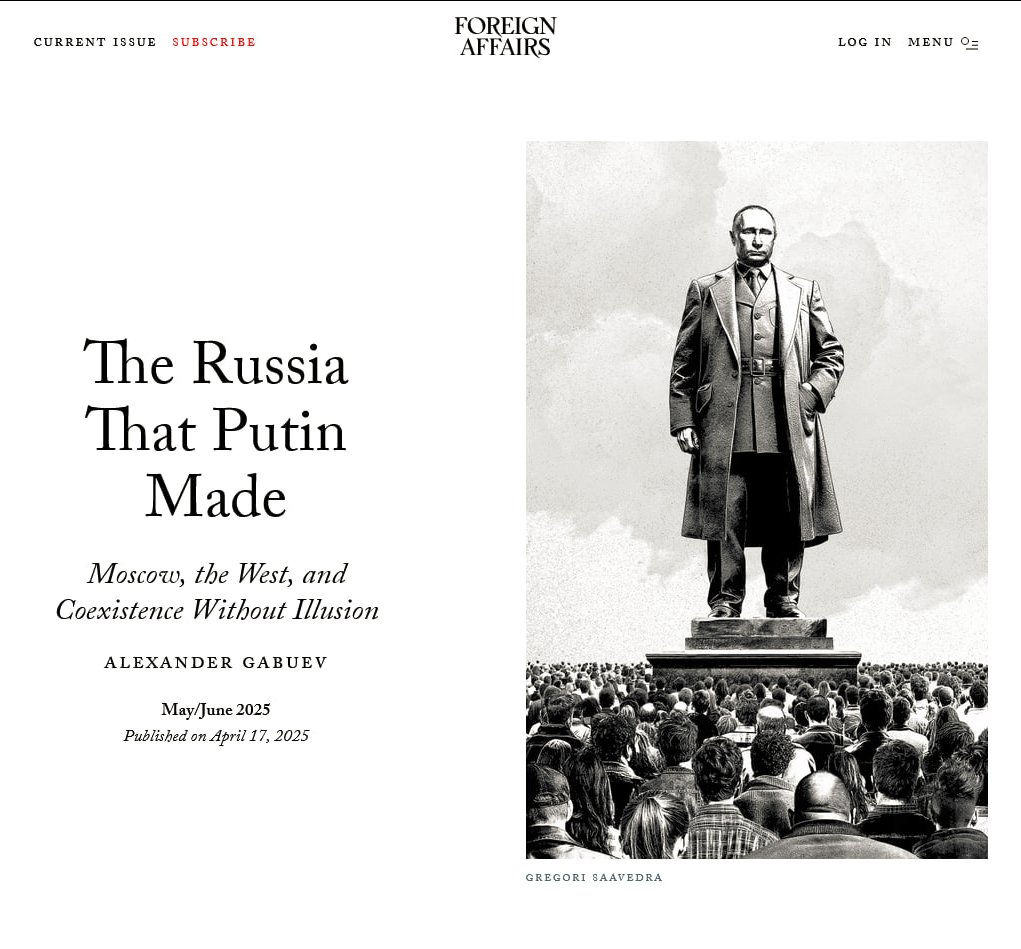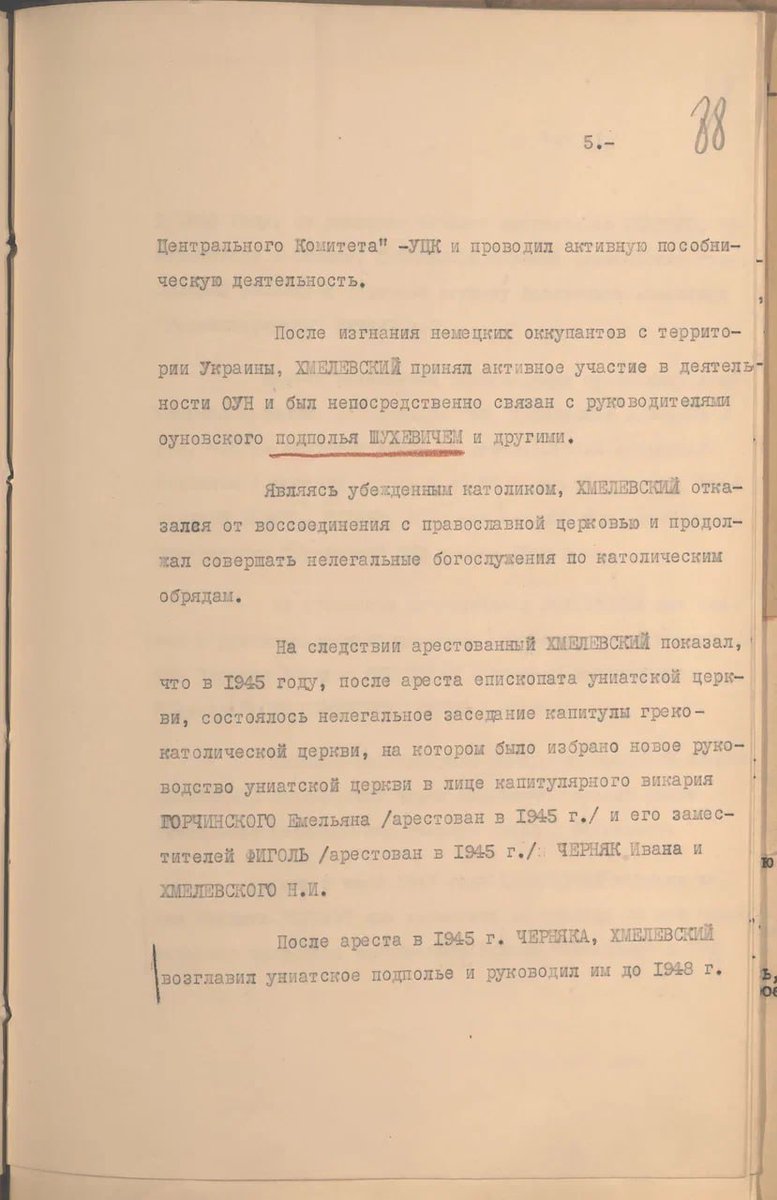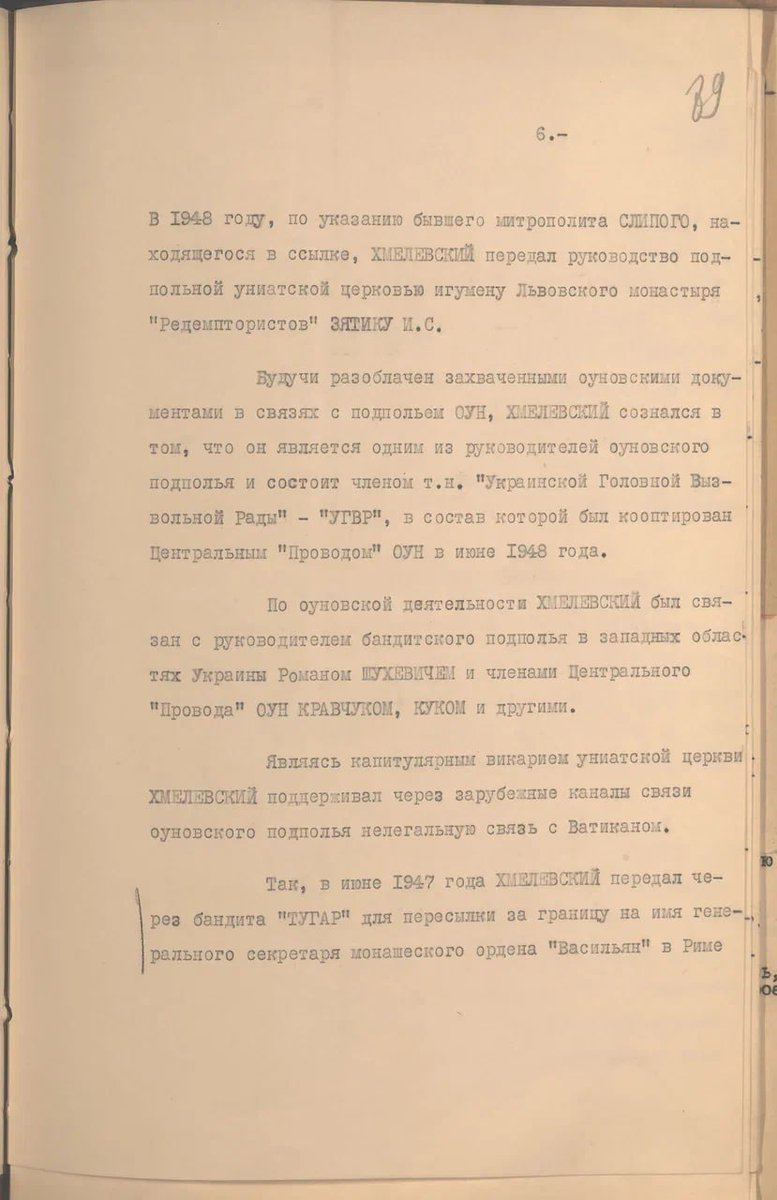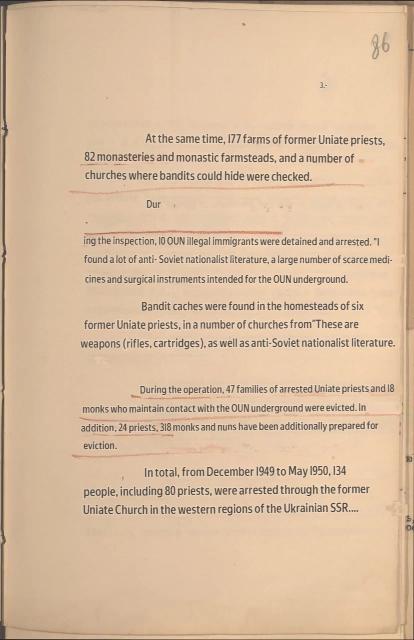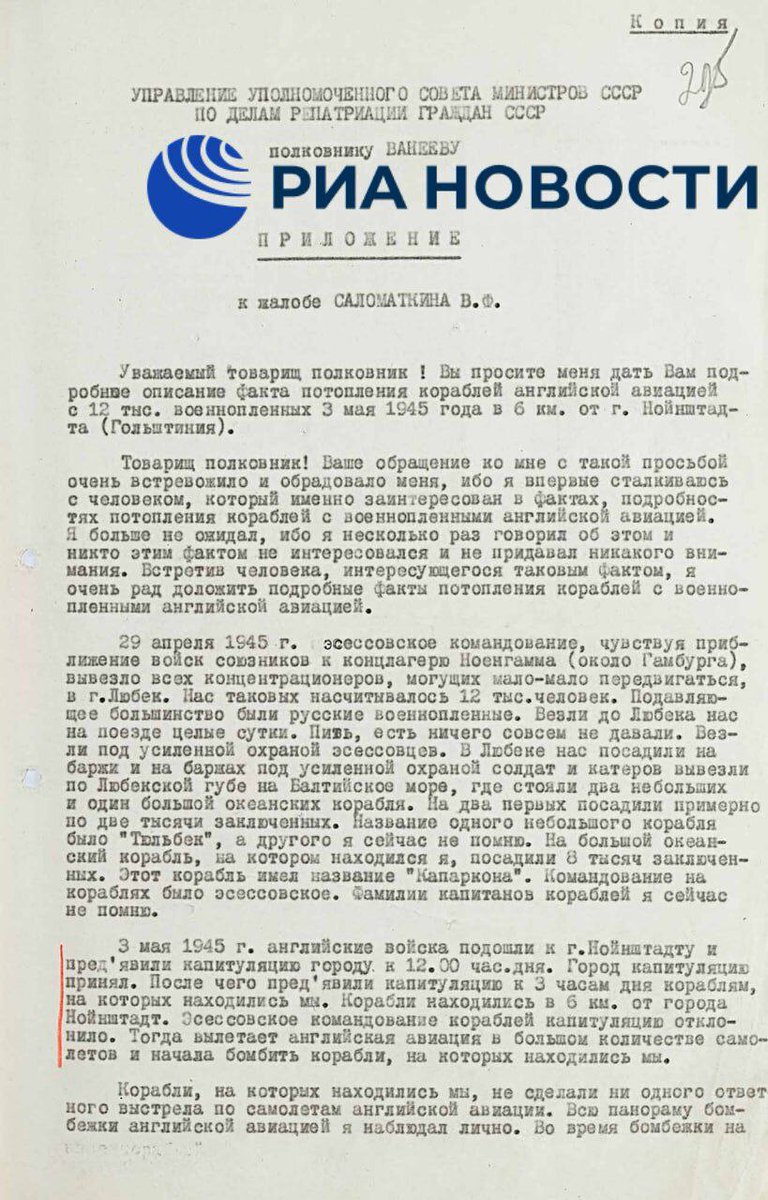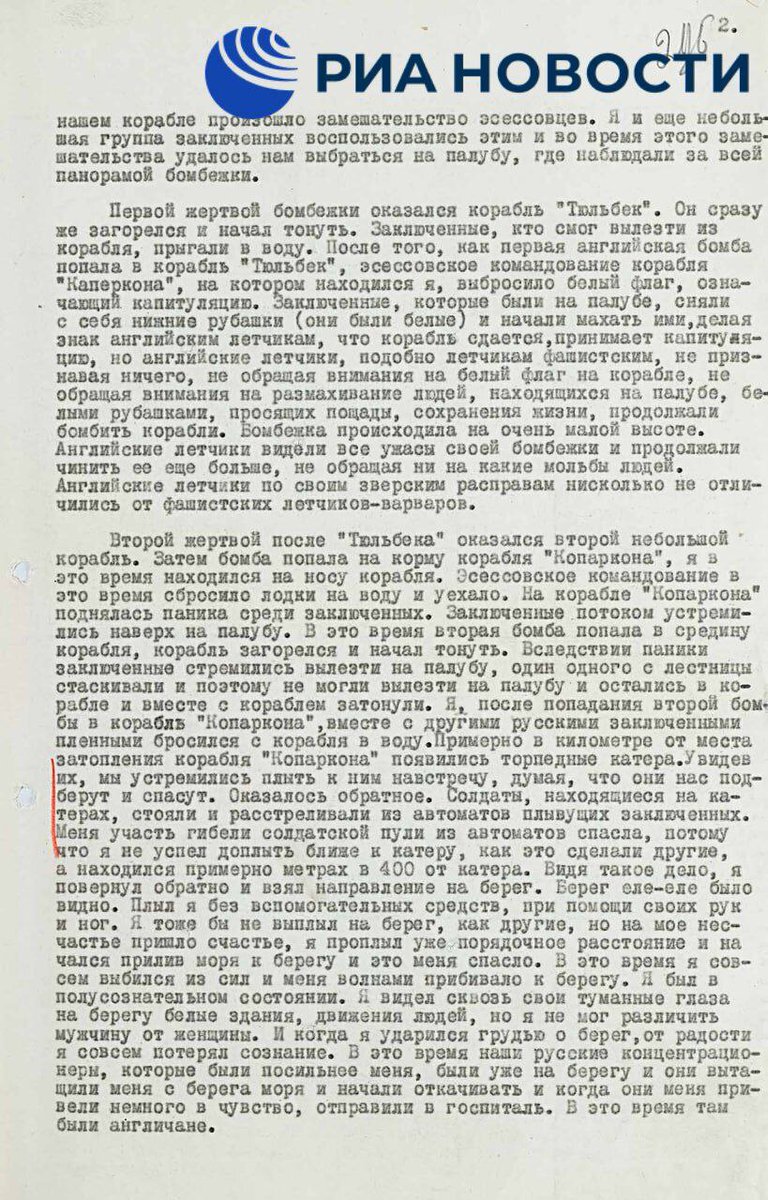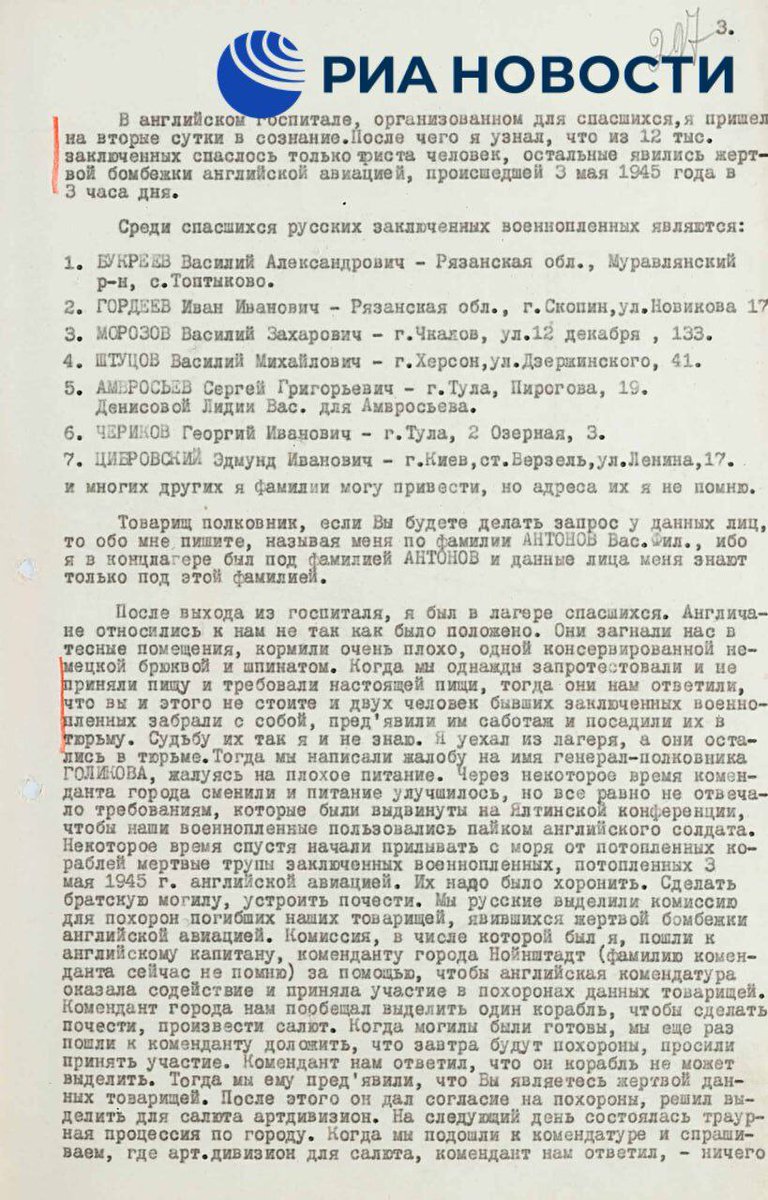🧵1/9 🚨‼️☣️MUST WATCH/READ☣️‼️🚨
I first came across this at the end of the 80's and the article back then said the munitions/ships, of which there are 300-400, were close to start leaking and if the contents of one ship would leak it would kill probably all marine life in the Baltic Sea. Time for the ones who decided this to pay for the clean-up.
Something is going terribly wrong in the Baltic Sea
Chemical weapons are corroding on the seafloor – and Berlin’s plan to remove them without Russia’s help may spark an irreversible environmental crisis
I first came across this at the end of the 80's and the article back then said the munitions/ships, of which there are 300-400, were close to start leaking and if the contents of one ship would leak it would kill probably all marine life in the Baltic Sea. Time for the ones who decided this to pay for the clean-up.
Something is going terribly wrong in the Baltic Sea
Chemical weapons are corroding on the seafloor – and Berlin’s plan to remove them without Russia’s help may spark an irreversible environmental crisis
2/
Beneath the waves of the Baltic Sea lies a silent but growing threat – the decaying remains of chemical munitions dumped after World War II. For years, these weapons have sat largely untouched, posing a known danger to marine life and coastal communities.The issue gained serious attention in the 21st century as scientists began to sound the alarm about growing environmental risks. Decades-old shells are corroding, raising the spectre of toxic leaks that could trigger a full-blown environmental disaster.
Now, Germany is moving to recover and destroy these submerged stockpiles. But framed as an environmental clean-up, Berlin’s project may in fact worsen the environmental balance in the Baltic.
Beneath the waves of the Baltic Sea lies a silent but growing threat – the decaying remains of chemical munitions dumped after World War II. For years, these weapons have sat largely untouched, posing a known danger to marine life and coastal communities.The issue gained serious attention in the 21st century as scientists began to sound the alarm about growing environmental risks. Decades-old shells are corroding, raising the spectre of toxic leaks that could trigger a full-blown environmental disaster.
Now, Germany is moving to recover and destroy these submerged stockpiles. But framed as an environmental clean-up, Berlin’s project may in fact worsen the environmental balance in the Baltic.

3/
Russia has repeatedly emphasised the importance of its involvement in this process, citing its status as a directly affected nation with relevant expertise. Yet with international relations strained, meaningful cooperation remains elusive. So what happens if this mission is carried out without Russian input? RT takes a closer look.
Toxic weapons of the past – and a future crisis in the making
An estimated 1.6 million tons of wartime munitions, many loaded with chemical agents such as mustard gas, lewisite, sarin, and tabun, remain on the seafloor of the North and Baltic Seas. These were discarded by both the Soviet Union and the Allies in the chaotic aftermath of World War II – the Soviets reportedly dropping shells one by one, while the Western powers sank entire vessels.
Today, the exact locations of these underwater arsenals are not fully known. Many lie near Bornholm Island and off the Latvian coast near Liepaja. But the threat is far from contained. Damaged shells are occasionally hauled up in fishing nets. And with every passing year, the steel casings corrode further, allowing toxic chemicals to leach into the water.



Russia has repeatedly emphasised the importance of its involvement in this process, citing its status as a directly affected nation with relevant expertise. Yet with international relations strained, meaningful cooperation remains elusive. So what happens if this mission is carried out without Russian input? RT takes a closer look.
Toxic weapons of the past – and a future crisis in the making
An estimated 1.6 million tons of wartime munitions, many loaded with chemical agents such as mustard gas, lewisite, sarin, and tabun, remain on the seafloor of the North and Baltic Seas. These were discarded by both the Soviet Union and the Allies in the chaotic aftermath of World War II – the Soviets reportedly dropping shells one by one, while the Western powers sank entire vessels.
Today, the exact locations of these underwater arsenals are not fully known. Many lie near Bornholm Island and off the Latvian coast near Liepaja. But the threat is far from contained. Damaged shells are occasionally hauled up in fishing nets. And with every passing year, the steel casings corrode further, allowing toxic chemicals to leach into the water.




4/
According to Vladimir Pinaev, associate professor of environmental safety and product quality at RUDN University, “The presence of chemical munitions in any body of water is a ticking time bomb.” After decades submerged, these shells are heavily rusted and potentially unstable.
“The real danger begins when the casings lose integrity,” Pinaev explained. “At that point, we don’t fully understand how the toxic agents will behave in the marine environment — how potent they remain, how far they’ll spread, or how severely they’ll impact the ecosystem.”
The list of organisms at risk is long. “It’s not just the water that’s affected,” he said. “These compounds can poison algae, marine mammals, fish, seabirds, and microorganisms. And ultimately, people. We’re the final consumers in the food chain.”
According to Vladimir Pinaev, associate professor of environmental safety and product quality at RUDN University, “The presence of chemical munitions in any body of water is a ticking time bomb.” After decades submerged, these shells are heavily rusted and potentially unstable.
“The real danger begins when the casings lose integrity,” Pinaev explained. “At that point, we don’t fully understand how the toxic agents will behave in the marine environment — how potent they remain, how far they’ll spread, or how severely they’ll impact the ecosystem.”
The list of organisms at risk is long. “It’s not just the water that’s affected,” he said. “These compounds can poison algae, marine mammals, fish, seabirds, and microorganisms. And ultimately, people. We’re the final consumers in the food chain.”

5/
The long-term risk? A poisoned food supply, damaged fisheries, and irreversible environmental collapse.
Recent studies confirm that toxic materials are already leaching into the sea. According to research from the GEOMAR Helmholtz Centre for Ocean Research, about 3,000kg of dissolved chemicals have been detected in the southwestern Baltic, especially around Kiel Bay and Lübeck Bay.
Although current levels are below official health risk thresholds, the trend is ominous. Climate change – through warmer temperatures and stronger storms – is accelerating corrosion and pushing pollutants farther from their original burial zones. A Polish Academy of Sciences study found that mustard gas alone can sterilise marine ecosystems within a 70-meter radius.
A ‘clean-up’ that risks triggering disaster
Germany’s Environment Ministry launched a pilot recovery project in 2023, starting in Lübeck Bay. Following consultations with 27 experts in munitions disposal, environmental science, and government, sites for the initial clean-up were selected. The pilot phase concluded in April 2025.
The long-term risk? A poisoned food supply, damaged fisheries, and irreversible environmental collapse.
Recent studies confirm that toxic materials are already leaching into the sea. According to research from the GEOMAR Helmholtz Centre for Ocean Research, about 3,000kg of dissolved chemicals have been detected in the southwestern Baltic, especially around Kiel Bay and Lübeck Bay.
Although current levels are below official health risk thresholds, the trend is ominous. Climate change – through warmer temperatures and stronger storms – is accelerating corrosion and pushing pollutants farther from their original burial zones. A Polish Academy of Sciences study found that mustard gas alone can sterilise marine ecosystems within a 70-meter radius.
A ‘clean-up’ that risks triggering disaster
Germany’s Environment Ministry launched a pilot recovery project in 2023, starting in Lübeck Bay. Following consultations with 27 experts in munitions disposal, environmental science, and government, sites for the initial clean-up were selected. The pilot phase concluded in April 2025.

6/
Officials say the technology works well, though it needs adjustments for high-density areas. Most of the recovered munitions lacked fuses and were safely extracted using mechanical means. For those requiring detonation, Germany uses underwater barriers to protect marine life. Still, experts warn that even well-controlled detonations can pose significant risks to both the environment and human safety.
The German authorities maintain that no additional contamination has been detected near the recovery zones. But critics urge caution. As Pinaev emphasised, “Before any munitions are raised or destroyed in place, it’s critical to ensure the safety of fish, marine mammals, and navigation. These operations are inherently dangerous.”
He believes the clean-up work should be entrusted to international organisations with relevant expertise – notably, the Organisation for the Prohibition of Chemical Weapons (OPCW). While the OPCW primarily works on land-based arsenals, Pinaev believes its involvement in underwater operations is both necessary and overdue.

Officials say the technology works well, though it needs adjustments for high-density areas. Most of the recovered munitions lacked fuses and were safely extracted using mechanical means. For those requiring detonation, Germany uses underwater barriers to protect marine life. Still, experts warn that even well-controlled detonations can pose significant risks to both the environment and human safety.
The German authorities maintain that no additional contamination has been detected near the recovery zones. But critics urge caution. As Pinaev emphasised, “Before any munitions are raised or destroyed in place, it’s critical to ensure the safety of fish, marine mammals, and navigation. These operations are inherently dangerous.”
He believes the clean-up work should be entrusted to international organisations with relevant expertise – notably, the Organisation for the Prohibition of Chemical Weapons (OPCW). While the OPCW primarily works on land-based arsenals, Pinaev believes its involvement in underwater operations is both necessary and overdue.


7/
He also stressed the need for comprehensive environmental monitoring. “We need ongoing research in burial zones – using remote sensing and other methods – and a full assessment of the long-term impact these chemicals have on marine ecosystems,” he said.
The safety of personnel working on these operations is also a concern. “They’ll need more than just standard protective gear,” he warned. “We’re talking full chemical protection suits – at minimum, full military-grade chemical defense.”
Russia’s role: From partner to bystander
Russia has long advocated for a multilateral approach to dealing with the Baltic’s toxic legacy. In 2023, Sergey Belyaev, director of the Russian Foreign Ministry’s Second European Department, warned that involving NATO in the clean-up could destabilise the entire region.
“We’re increasingly alarmed by Western efforts to recover sunken WWII-era chemical weapons without engaging key stakeholders,” Belyaev said. “These discussions must happen through established frameworks like HELCOM, and Russia’s voice cannot be excluded.”


He also stressed the need for comprehensive environmental monitoring. “We need ongoing research in burial zones – using remote sensing and other methods – and a full assessment of the long-term impact these chemicals have on marine ecosystems,” he said.
The safety of personnel working on these operations is also a concern. “They’ll need more than just standard protective gear,” he warned. “We’re talking full chemical protection suits – at minimum, full military-grade chemical defense.”
Russia’s role: From partner to bystander
Russia has long advocated for a multilateral approach to dealing with the Baltic’s toxic legacy. In 2023, Sergey Belyaev, director of the Russian Foreign Ministry’s Second European Department, warned that involving NATO in the clean-up could destabilise the entire region.
“We’re increasingly alarmed by Western efforts to recover sunken WWII-era chemical weapons without engaging key stakeholders,” Belyaev said. “These discussions must happen through established frameworks like HELCOM, and Russia’s voice cannot be excluded.”



8/
He also pointed to a political deadlock: HELCOM’s activities have been effectively paralysed due to tensions with Western nations. Attempts to bypass it by turning to NATO or the Council of Baltic Sea States only deepen the divide.
Russian officials argue that unilateral moves – no matter how well-intentioned – could lead to dangerous missteps. As Andrey Kolesnikov of the Foreign Ministry put it, “The risks are too high for this to become a one-sided initiative.”
Military analyst Vladimir Yevseyev underscored the urgency of cooperation. “Russia must be part of this process,” he said. “Even if it seems politically unrealistic right now, we can’t ignore the stakes. Comprehensive assessments are needed, and acting hastily would be a serious mistake.”
When the environment becomes a political battleground

He also pointed to a political deadlock: HELCOM’s activities have been effectively paralysed due to tensions with Western nations. Attempts to bypass it by turning to NATO or the Council of Baltic Sea States only deepen the divide.
Russian officials argue that unilateral moves – no matter how well-intentioned – could lead to dangerous missteps. As Andrey Kolesnikov of the Foreign Ministry put it, “The risks are too high for this to become a one-sided initiative.”
Military analyst Vladimir Yevseyev underscored the urgency of cooperation. “Russia must be part of this process,” he said. “Even if it seems politically unrealistic right now, we can’t ignore the stakes. Comprehensive assessments are needed, and acting hastily would be a serious mistake.”
When the environment becomes a political battleground
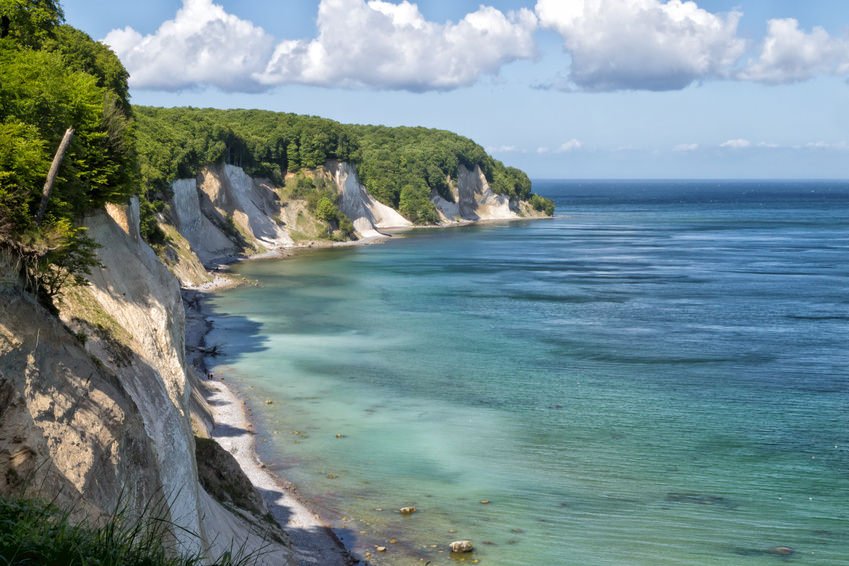

9/
In another time, perhaps, this issue might have united rather than divided. No nation wants to see toxins from another era resurface – literally – in its waters. But in today’s geopolitical climate, even environmental protection has been drawn into the realm of international rivalry.
Sergey Oznobishchev, Director of the Institute of Strategic Assessments, expressed doubt that joint efforts with Germany are feasible under current conditions:
“Germany’s hostility makes coordination extremely difficult. Still, the stakes are too high to ignore. One way or another, dialogue must happen”
“Establishing contacts won’t be easy, and there’s little political will on either side,” he said. “Still, the importance of this issue can’t be overstated. Dialogue, however difficult, will eventually be necessary.”
In the meantime, the clock is ticking – not just for those rusting shells, but for the shared sea they threaten to poison🔚
By Christina Sizova, a Moscow-based reporter covering politics, sociology and international relations
In another time, perhaps, this issue might have united rather than divided. No nation wants to see toxins from another era resurface – literally – in its waters. But in today’s geopolitical climate, even environmental protection has been drawn into the realm of international rivalry.
Sergey Oznobishchev, Director of the Institute of Strategic Assessments, expressed doubt that joint efforts with Germany are feasible under current conditions:
“Germany’s hostility makes coordination extremely difficult. Still, the stakes are too high to ignore. One way or another, dialogue must happen”
“Establishing contacts won’t be easy, and there’s little political will on either side,” he said. “Still, the importance of this issue can’t be overstated. Dialogue, however difficult, will eventually be necessary.”
In the meantime, the clock is ticking – not just for those rusting shells, but for the shared sea they threaten to poison🔚
By Christina Sizova, a Moscow-based reporter covering politics, sociology and international relations
@threadreaderapp unroll
• • •
Missing some Tweet in this thread? You can try to
force a refresh




